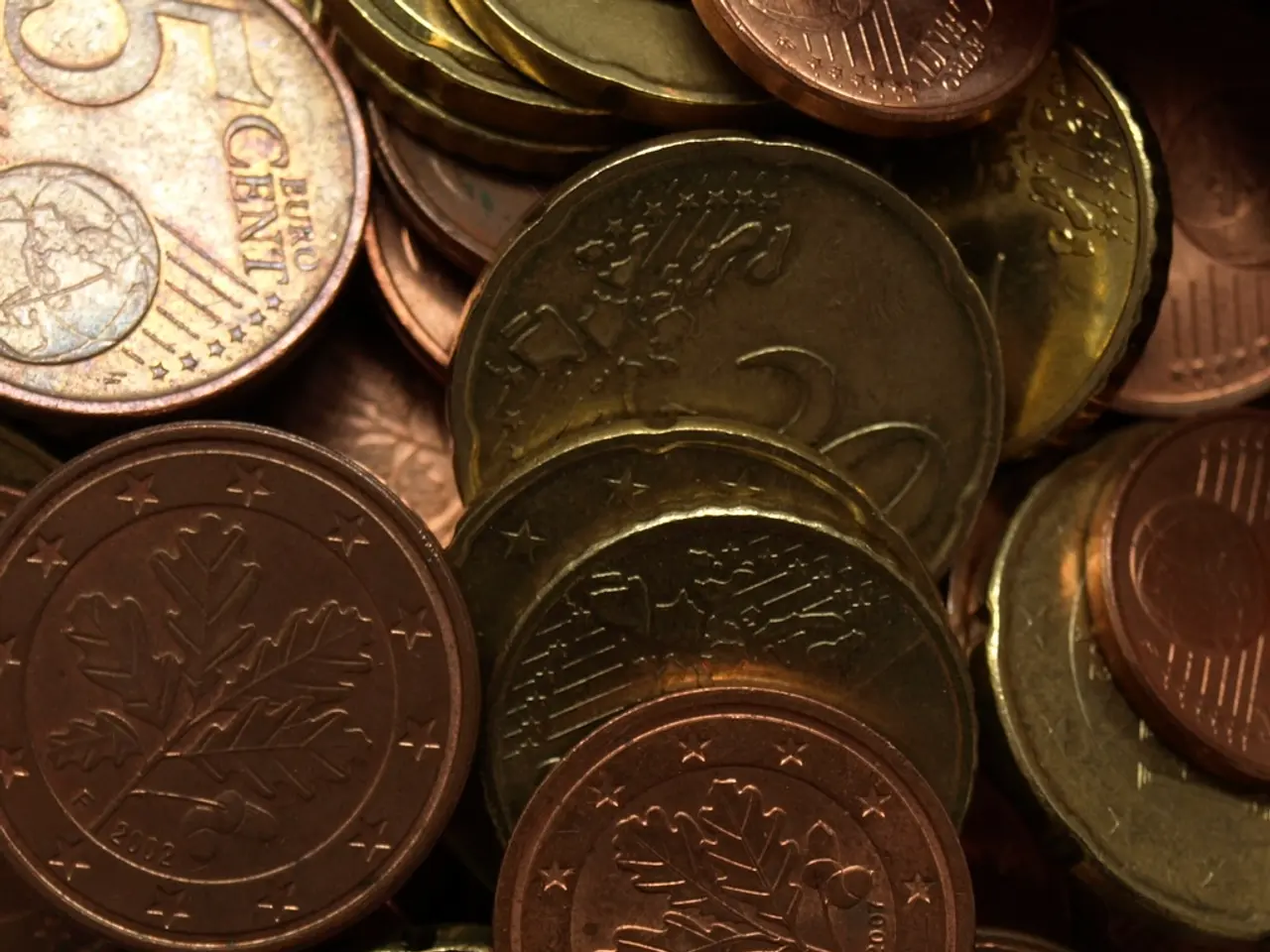El Salvador is edging closer to holding approximately 6,200 Bitcoins in its reserves, despite warnings from the International Monetary Fund.
El Salvador Embraces Bitcoin: A Pioneer in Crypto Adoption
El Salvador, a small Central American nation, is making waves on the global stage as it positions itself as a pioneer in cryptocurrency adoption. The country's focus on technological education and Bitcoin purchases has caught the attention of other countries seeking to leverage technology to strengthen their sovereignty and social well-being.
At the helm of this digital revolution is President Nayib Bukele, who envisions Bitcoin as a fundamental pillar of the Salvadoran economy. Bukele aims to convert Bitcoin not just as a reserve of value, but also as a catalyst for technological development and financial inclusion.
However, the investment in crypto assets is not fully regulated and may not be suitable for retail investors due to its high volatility, and there is a risk of losing the entire amount invested. The government maintains a firm stance that Bitcoin is more than a financial asset; it is a resilience strategy that seeks to transform the country into a global example of innovation and monetary sovereignty.
In a bid to educate its population about the advantages and opportunities offered by blockchain, cryptocurrencies, and new technologies, El Salvador is launching educational initiatives. The Bitcoin 101 course, available on the Academy website, offers 35 free lessons about Bitcoin, digital money, blockchain, and basic cryptography principles. Several public schools have also included courses on digital money, blockchain, and basic cryptography principles to familiarize students with concepts that will be integral to the global economy.
El Salvador is establishing alliances with international institutions to train teachers and students in fintech topics, including workshops and innovation programs. As of May 28, El Salvador's total Bitcoin reserves stand at 6,191.18 bitcoins.
The government's intensive Bitcoin accumulation strategy and various initiatives focusing on technological education aim to generate a stronger economy and transform future generations into active actors in the new digital economy.
However, the strategy aligns with International Monetary Fund (IMF) guidelines and international financial stability only to a certain extent. While the halt in new Bitcoin purchases reflects adherence to IMF guidance aimed at reducing fiscal risks amid El Salvador's fragile economic situation, critics argue that the current regulatory and crypto framework primarily benefits institutional and wealthy investors, potentially sidelining broader socio-economic gains for the average Salvadoran citizen.
In compliance with the IMF’s requirements linked to its $1.4 billion Extended Fund Facility (EFF) loan, El Salvador has stopped purchasing new Bitcoin since December 2024. The IMF has confirmed that all reported increases in Bitcoin holdings were due to internal transfers between government wallets, not new acquisitions, thus maintaining a flat net Bitcoin exposure to align with program commitments and support the country's fiscal stability.
On the regulatory front, El Salvador has passed a new Investment Banking Law enabling private investment banks to hold Bitcoin and other digital assets on their balance sheets, provided they obtain a Digital Asset Service Provider (PSAD) license. These banks serve “sophisticated investors” with free assets valued at $250,000 or more, aiming to attract high-net-worth individuals and foreign capital. This law separates investment banks from commercial banks under distinct regulations and is part of the government's strategy to position El Salvador as an emerging crypto finance hub.
In summary, El Salvador's Bitcoin strategy reflects a cautious balance between continuing crypto innovation and meeting IMF fiduciary prudence to sustain the country's overall financial stability. Panama and Ireland are among the countries seeking to leverage technology to strengthen their sovereignty and social well-being, following El Salvador's example.
- To foster financial inclusion and technological development, President Nayib Bukele of El Salvador aims to transform Bitcoin not only as a reserve of value but also as a catalyst for investments in his economy, with the country launching educational initiatives like the Bitcoin 101 course to educate its population about the advantages and opportunities offered by blockchain, cryptocurrencies, and new technologies.
- As El Salvador positions itself as a pioneer in crypto adoption, it has passed a new Investment Banking Law enabling private investment banks to hold Bitcoin and other digital assets on their balance sheets, targeting sophisticated investors with free assets valued at $250,000 or more, aiming to attract high-net-worth individuals and foreign capital, thereby positioning El Salvador as an emerging crypto finance hub in the global economy.



